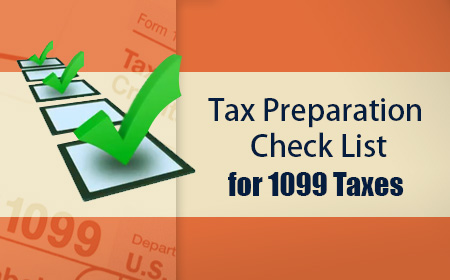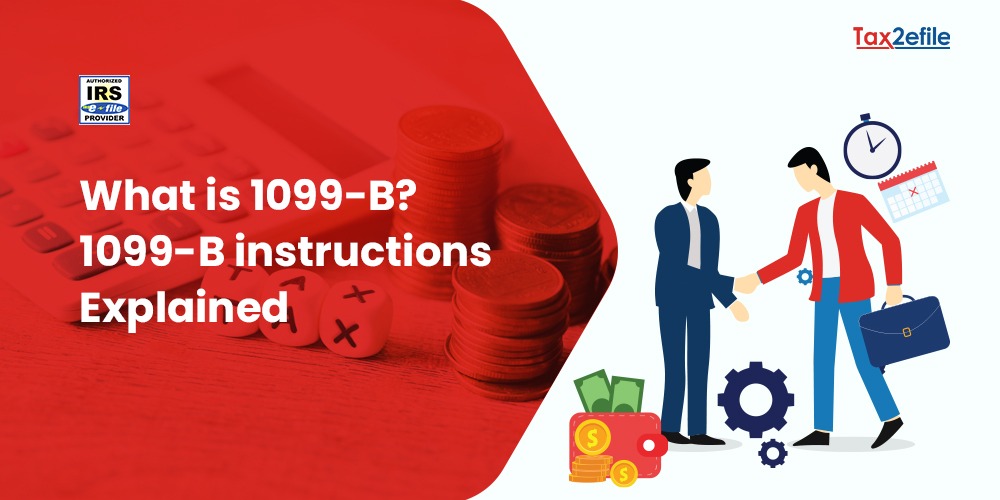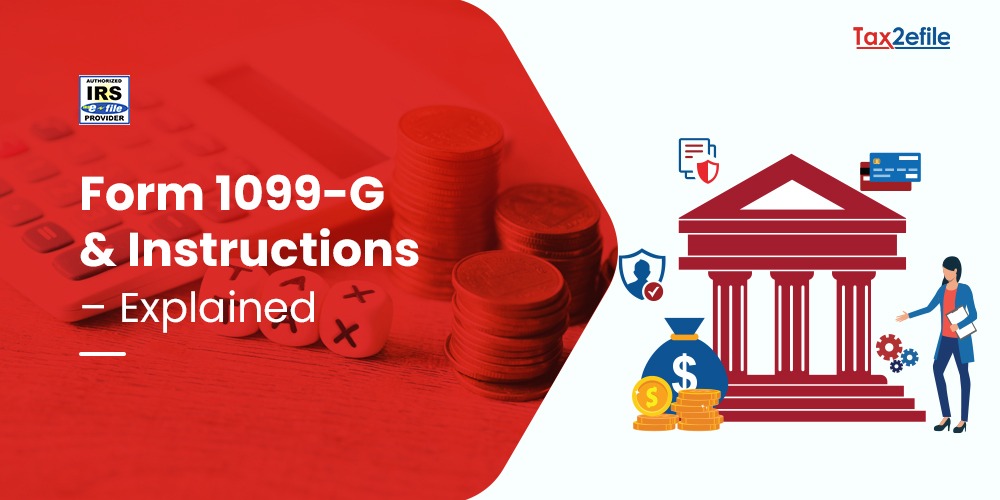- March 23, 2022

Before filing the return, it is important to gather all the required information. Organizing all the documents required for filing the taxes will help reduce stress while doing the taxes. Having all this information handy is mandatory if one is filing tax by self, or with the help of tax filing software.
A roundup of all important information for filing taxes
Before starting to work on the tax return, review the below-given tax preparation checklist. If filing jointly, keep spouse information ready.
- Personal information for filing taxes:
This information gives the IRS, details about who is filing a return, the tax filers’ contact information. etc. It also details, where to refund the tax returns. It includes,
-
-
- the taxpayer name exactly as it appears on the social security card.
- the DOB of the taxpayer,
- their social security number,
- residential address,
- copies of the previous years’ state and federal tax returns,
- bank account number to receive a refund by direct deposits
-
2. Information about dependents:
If taxpayers claim dependents, they will require names, DOB, and SSNs of dependents. Taxpayers will also require Form 8332 if your dependent child’s biological parents offer the right to claim their child as a dependent.
3. All sources of income:
Collect all documents to support the income for the year 2021. Some of these forms include,
-
-
- W-2 forms from employers.
- 1099-G Forms for unemployment income
- State and local tax refunds
- 1099- INT, DIV, and 1099-B for stock sales, dividends, and interest payments.
- 1099-R and SSA-1099 for retirement plan distributions and other social security benefits.
- 1099-MISC for rental property.
- 1099-Q, 1099-SA, and Schedule K-1 for income that is passed through trusts, estates, and businesses.
- Alimony received and records of other cryptocurrency transactions.
- Information on all other income sources such as debt cancellation, gambling prize money, etc.
-
4. Deductions:
Collect all deductions that can reduce the taxable income. These deductions lower the tax due and increase the chances of refunds. It itemizes the deductions, and records,
-
-
- Medical expenses
- Long term insurance premiums
- Taxes on real estate
- Taxes paid on vehicle registration
- Donations for charitable endowments
- Students loan.
-
5. Estimated tax payments:
Self-employed people who do not earn a lot of money and do not have state and federal income tax withheld have to make estimated tax payments. Include these estimates in the tax return to avoid paying twice. Keep a record of the tax payments estimate to furnish the IRS and the tax authorities.
6. Proof of losses:
Many financial losses are deductible from the tax returns. Keep documents of stock and investment losses and non-business debts ready while filing tax returns.
7. Letters from IRS:
The state tax authorities and the IRS will send notices and letters that influence the tax return. Keep them ready while preparing the tax return.
8. Verdict:
Gathering all this information before filing the returns is time-consuming. But they help to avail tax deductions and credits available to you. You can take help from a tax filing service provider like Tax2efile to file the taxes on time.


